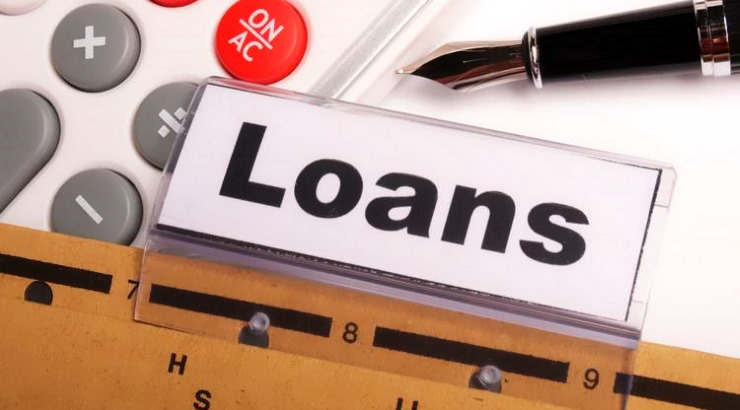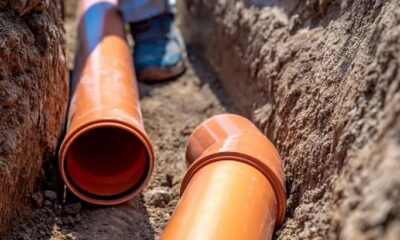Features
First-time buyer’s guide to getting a mortgage in Kenya
A step-by-step guide to obtaining your first home loan.

Kenyans take pride in owning a house and home ownership is considered a major milestone and a measure of success in one’s life.
Unfortunately this remains an out of reach dream due to the high cost of building or buying a home in Kenya. Luckily, home ownership is gradually becoming viable through the provision of affordable mortgages by various lenders in the country.
The first step to obtaining a mortgage is to make a visit to your preferred financier for an appraisal of your financial capabilities. Depending on your monthly income, the financier will decide the amount of money you can commit as repayment, which determines the amount you qualify for.
The lender will also dig into your financial history to establish your credit worthiness based on how you have serviced previous loans with them or other financiers.
Age is also a determinant when seeking a mortgage. The younger you are the longer the repayment period. A short repayment period translates to high monthly repayments therefore it is important to take a mortgage early on in life.
With a figure in mind, you can begin the search for a suitable property with the help of your financier or on your own.
READ: 6 Tricks to getting the cheapest mortgage in Kenya
Considering how the property market has been marred by fraud cases in recent years, it is critical to do your due diligence by conducting a search with the registrar of properties to ascertain ownership and to confirm that there are no caveats or any claim to the property by other parties other than the owner.
Once you have settled on a property, a sale agreement between you and the seller is drafted setting out in writing the consented terms and conditions of the sale.
Valuation for the property is then carried out to ensure that the value of the property matches the price quoted by the seller.
The value of a property is pegged majorly to its location, size, structural condition and available amenities.
After valuation, your lawyer presents the property documents to the registrar of properties for registration which takes approximately six weeks.
If the registration is successful, the bank then releases the money to the seller within 14 days after which he/she gives the title to the bank in your name.
The title deed and other documents remain with the bank until you have repaid the loan.
Depending on the financier, you will be required to deposit a down payment of between 5 per cent to 20 per cent of the property upfront. The more the down payment the more you will reduce the cost of the mortgage in the long run.
Additionally there are a number of costs incurred by the buyer during the processing stage. These fees include cost of appraisal, legal services, professional valuation, transfers and registration which totals up to approximately 10 per cent of the property price.












